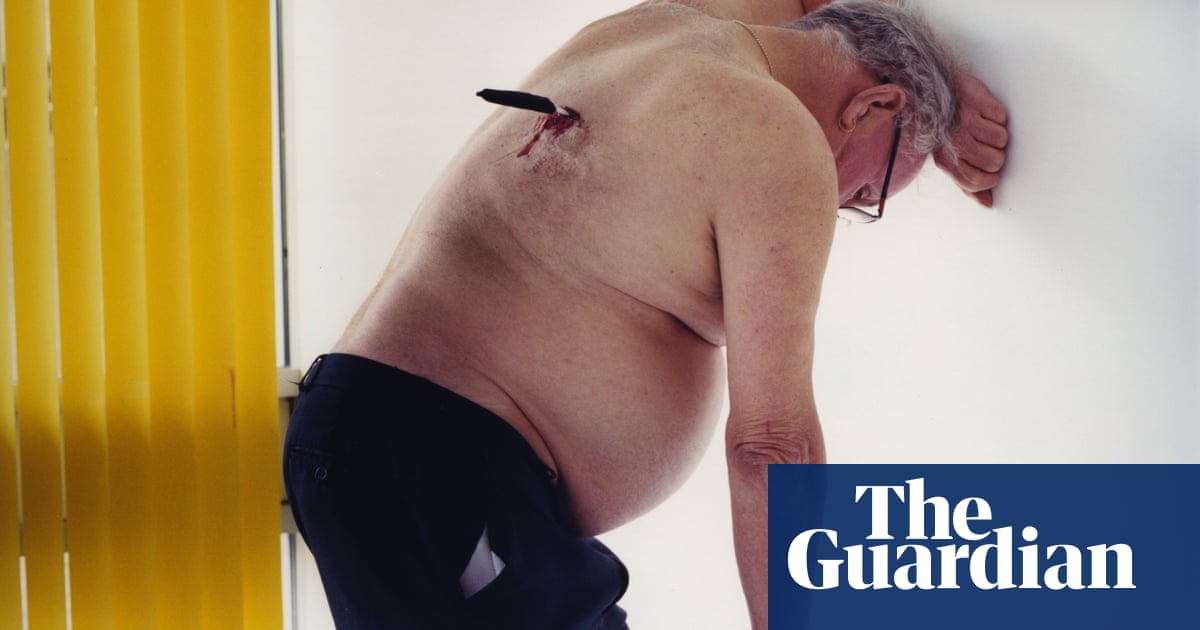
Abadi has taken many steps in the past two weeks to meet the demands of the demonstrators and assuage their anger
Oil prices have been improving for almost a year, and everyone knows there are sufficient funds to cover all the items of the annual budget
BAGHDAD: Iraqi Prime Minister Haider Abadi is deploying a package of measures to satisfy the demands of protesters and fight corruption as he seeks to bridge the gap between him and his people and restore his chances of a second term in office, politicians and observers told Arab News on Sunday.
Abadi, whose Al-Nassir alliance came third with 47 seats in the preliminary results of the May 12 parliamentary elections, has been facing fierce opposition from Shiite rivals determined to deny him that second term. Abadi’s position was greatly destabilized by massive demonstrations in the impoverished Shiite-dominated southern provinces and Baghdad in the past three weeks, in protest at the lack of basic services and high rates of unemployment and poverty.
Fourteen protesters were killed and hundreds of people were injured, most of them members of the security forces, when the demonstrations turned violent. Protesters stormed the headquarters of oil companies in Basra and the airport in Najaf, and set fire to government buildings and political party offices in other provinces.
The supreme religious authority in Najaf, represented by Grand Ayatollah Ali Al-Sistani, the most revered man in Iraq and the leader of the world’s Shiite community, intervened last Friday and insisted that the demands of the protesters be met. This has increased the pressure on Abadi’s government and widened the gap between him and his ambitions, politicians and analysts said.
“Sistani clearly said that the next prime minister must be strong, firm and brave. Unfortunately Abadi has none of these characteristics,” one Shiite leader involved in the talks to form a ruling parliamentary bloc told Arab News.
“His opponents have exaggerated his mistakes and focused on his failures, and Friday’s speech has just given them much to use against him.
“Marjiya [Sistani] did not explicitly say that Abadi was excluded, but he specified the characteristics of the next prime minister and they do not apply to Abadi, from the point of view of his rivals.”
Sistani is seen by most Iraqis as the Godfather of the political system that emerged in Iraq after the 2003 US-led invasion that toppled the Saddam Hussein regime. His support is vital for the nomination of a prime minister and a government.
Abadi has taken many steps in the past two weeks to meet the demands of the demonstrators and assuage their anger. He has announced several billion dollars in financial allocations to the southern provinces to finance service projects stalled for years because of low oil prices and his own austerity policies, increasing water quotas and the hours of power supply, and creating tens of thousands of jobs.
The suspension of Electricity Minister Qassim Al-Fahdawi on Sunday “to investigate the causes of the collapse of the national electricity grid during the past weeks” was the latest in a series of steps taken by Abadi aimed at “fighting corruption,” as his allies put it.
“The prime minister will start using a smart hammer to break the heads of corrupt people at all levels of the state,” one of his advisers told Arab News.
“They said they want a strong, brave and firm prime minister, so that is what he will be. His hammer will reflect his strength, and will be used with courage.
“He will smash many corrupt heads at all levels of the state. The minister of electricity is just a start.”
These steps by Abadi, who now heads a caretaker government, “to alleviate the suffering of the people and fight corruption” are seen by critics and rivals as an attempt to restore his position and boost his chances of a second term.
“Oil prices have been improving for almost a year, and everyone knows there are sufficient funds to cover all the items of the annual budget, so why has Abadi waited seven months to pay the financial allocations to the provinces?” said Hashim Al-Mossawi, a former member of the Parliamentary Committee of Integrity.
“Suspending the minister of electricity now, is funny. For years, the minister has been surrounded by suspicions of financial and administrative corruption. He has been interrogated twice in Parliament and Abadi has not stopped him from working.
“So why now? In a caretaker government, has Abadi suddenly remembered that he should investigate corruption charges and hold corrupt officials and ministers of his government to account?”












